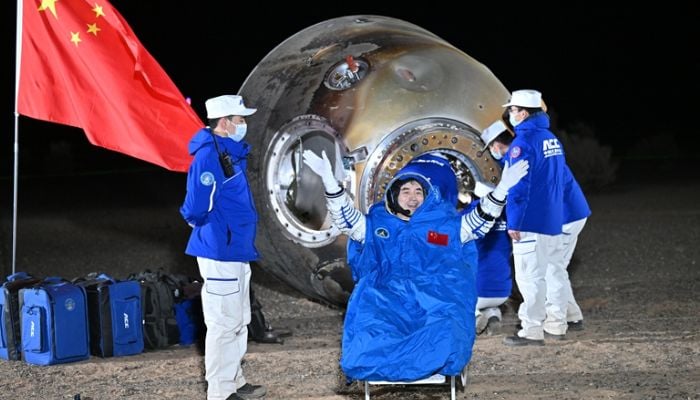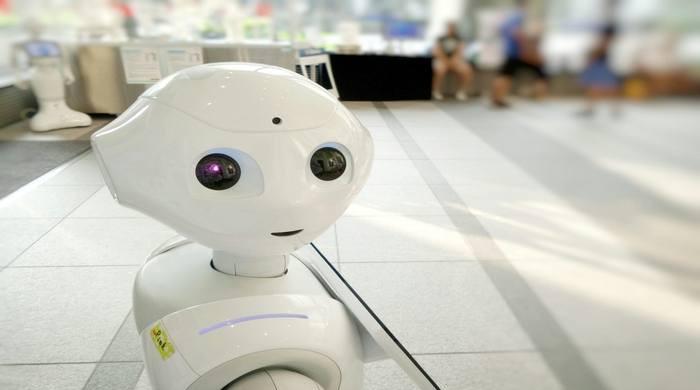China's Shenzhou-22 on standby for rescue after debris delays astronauts' return
Chinese astronauts' return to Earth delayed after spaceship suspected of being hit by debris
November 05, 2025

With the increased risk of the increasing space debris dangerously growing, three Chinese astronauts have been compelled to lengthen their mission in the Tiangong space station due to fears that their returning spacecraft had been damaged by orbit debris.
Shenzhou 20 is a Chinese space project, which was launched on April 24, 2025, with the Tiangong space station and carried with it three taikonauts.
The mission marks the 15th Chinese crewed spaceflight and the 20 th flight of the Shenzhou program.
The Shenzhou-20 crew of Chen Dong, Chen Zhongrui and Wang Jie was due to make a landing on the earth on Wednesday, November 5, after spending half a year in space.

Their departure seemed impending after a formal handover ceremony with the newly arrived Shenzhou-21 crew, which included China’s youngest-ever astronaut, Wu Fei, 32.
But, the postponed return of Shenzhou-20’s crew was announced by China’s Manned Space Agency (CMSA) stating that the “spacecraft is suspected to have been struck by a small piece of orbital debris.”
The agency also explained that the “impact analysis and risk assessment are under way” to make sure that astronauts return safely.
The new return date has not been announced yet.
With this incident, the escalating threat of space debris has been highlighted which has become a problem of international concern.
Space debris (or space junk, space pollution, space waste, space trash, space garbage, or cosmic debris) are abandoned man-made debris in space and mostly in earth orbit, which do not have a useful purpose any longer.
They are abandoned launch vehicle stages, derelict spacecraft (nonfunctional spacecraft and derelict rocket body fragmentation), and, in particular, a large number of in-Earth orbit, fragmentation debris of derelict rocket bodies and spacecraft.
The delay is the first for a Chinese return mission caused by space junk, a risk due to which Tiangong station was previously forced to perform emergency maneuvers.
Although the officials are yet to verify the suspected damages, the case has led to debates on the eventuality plan.
On social media, popular science communicator Yu Jun reported about the availability of a backup Shenzhou-22 spacecraft and its rocket to conduct a rescue mission in case the threat is considered too high.









